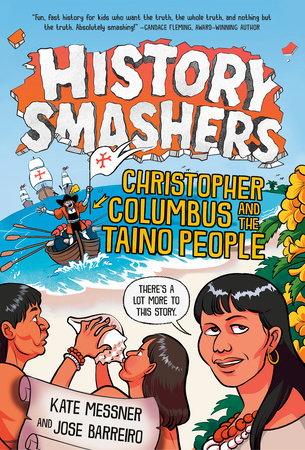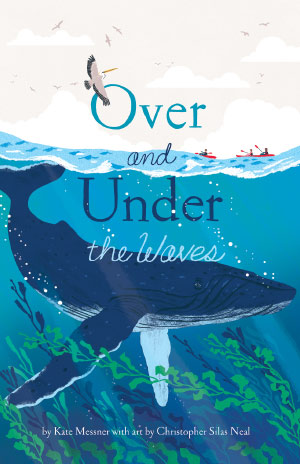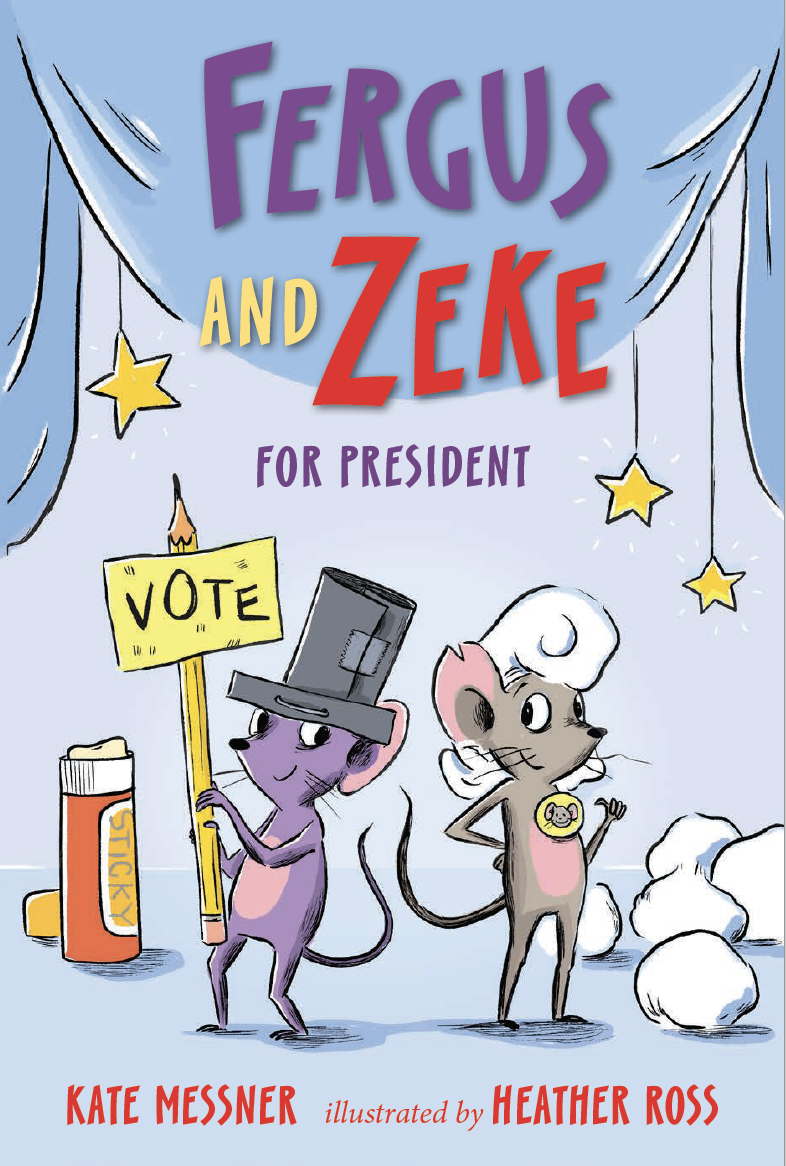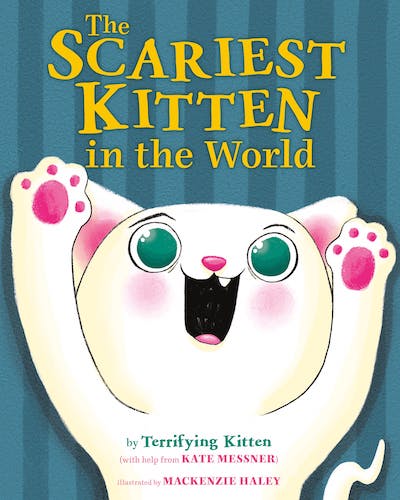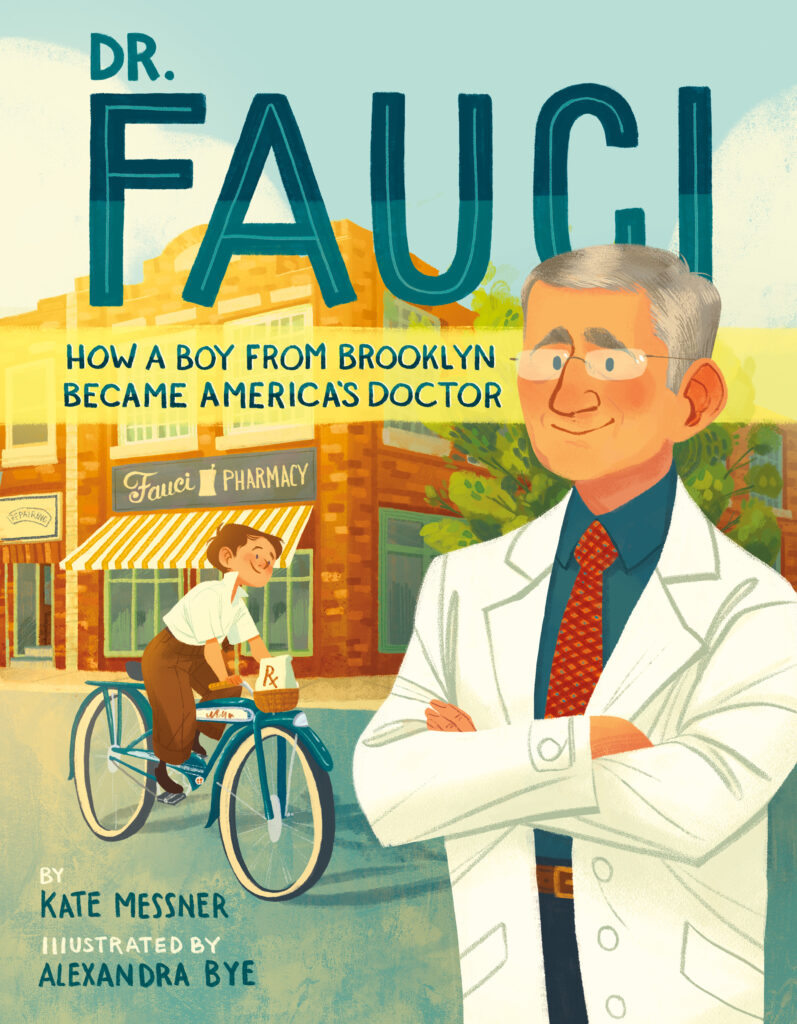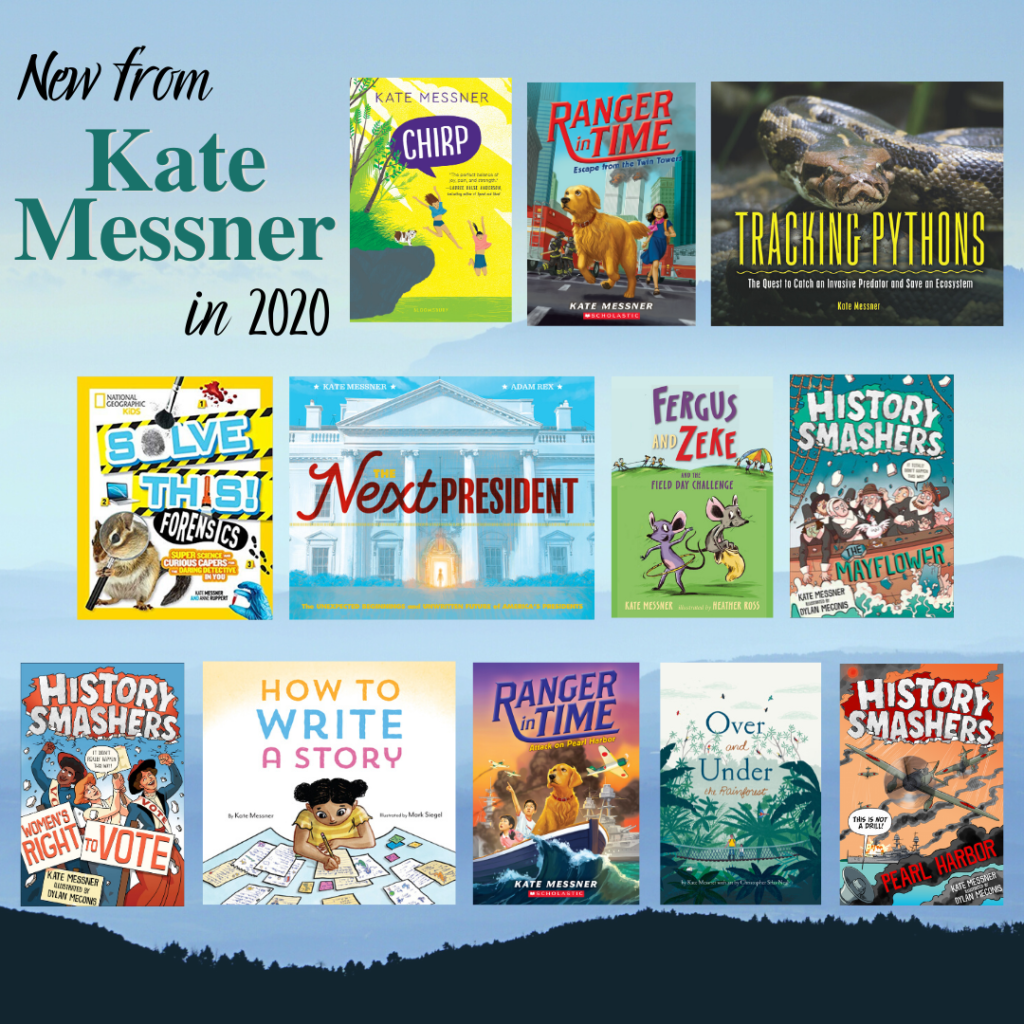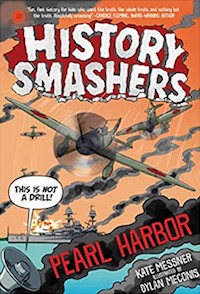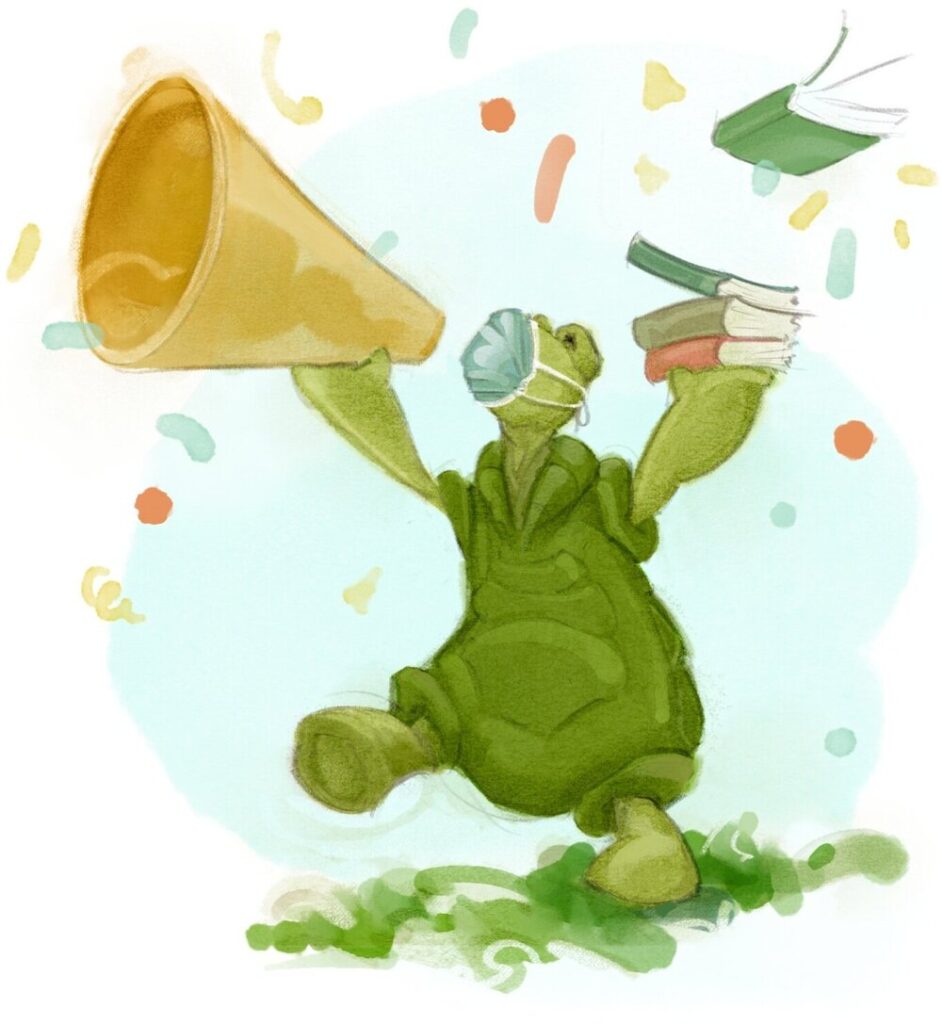Good morning, friends! Welcome to Week 4 of Teachers Write. By now, I hope you’ve had a little time to breathe and recharge, and hopefully you’ve been flexing your writing muscles a bit. We’ve been mining memories, finding strength in places and moments from the past. Today we’ll do some reflective writing on more recent history.
So first…let’s talk about primary sources. I’ve heard from so many of you who have been sharing my History Smashers series in your classrooms and libraries. For those who don’t know about these books yet, they’re graphic nonfiction – an engaging blend of text, illustrations, photographs, and comics – aimed at unraveling historical myths and sharing hidden truths. The series launched last summer and we’ve been smashing myths about the Mayflower, Women’s Right to Vote, Pearl Harbor, and the Titanic. Book five in the series, History Smashers: The American Revolution will be out tomorrow!

Just a quick side note… This one might be my favorite in the series so far, and I’d love to sign a personalized copy for your library or classroom. If you’d like one, just order through my local bookstore with a note in the comments about how you’d like it signed, and they’ll ship it out this week!
The research I’ve done for this series has relied heavily on primary sources – the writings of people who lived through those time periods and documented them through diaries, journals, exploration logs, letters, notes, and other documents. Their personal reflections help turn history from a textbook collection of names and dates into a real story, about real people’s lives. Book six in the series, History Smashers: Plagues and Pandemics, comes out in October and covers everything from the Plague of Athens and the Black Death to COVID-19. This one made me think a lot about the sources that future historians will use when they write about the time we’ve been living through this past year and a half. They’ll have our government statistics about case numbers and news articles about the trajectory of the pandemic, of course. But what documents will we leave behind to tell our own stories?
I’m going to ask you to create one of those primary sources today.
This has been a time of lasts and firsts, of moments – small ones and big ones – that we’ll never forget. Some of us said goodbye to loved ones this year, or didn’t get to say goodbye at all. All of us had to reimagine our lives in a million different ways, adapting to a situation that seemed to shift every time we thought we’d found our footing. Much of it passed in a blur with little time to reflect, much less record what was happening. But for today’s prompt, I’d like you to look back at one moment from the past year and a half and capture it in words, with as much detail as you possibly can.
Maybe it’s the moment you left your classroom last spring, not knowing when you’d be back. Or the first time you held a Zoom storytime. Maybe it’s the last time you ate in a restaurant with a dear friend before the world shut down. Or the first time hugged someone you love again, when it finally opened up.
Here are some moments that are glimmering in my memory right now…
Picking up my daughter from college last March, walking the eerily empty streets of Boston while she finished packing and saying goodbye to her friends.
Visiting my father-in-law in memory care, outdoors and masked, in the last months of his life. There was a patio table between us, turned the long way. We sat at one end and he sat at the other, behind a red-carpet style event rope. It looked as if he were giving a press conference.
Playing cornhole with my parents on a sunny June day after months without seeing them. I can hear the thump of those beanbags.
And last night, seeing a musical for the first time in over a year. A community theater production of “Into the Woods,” performed under the Elks Club Pavilion in a tiny small-town park. It poured rain outside, and I sat in my folding chair crying as the baker sang “No More.”

What are your moments? Make a quick list, and then choose one to explore in more detail. Try to capture everything – not just what happened but the smells and sounds of the moment. The insignificant details that probably matter more than you think. The words people said and how they said them. What your heart felt like.
And then, if you’d like, share your moment-writing below, in the comments for this post. In doing that, we’ll be bearing witness to this time we lived through, leaving breadcrumbs for future historians who want to know what all the facts and figures of this pandemic meant to real people, experiencing real moments in their lives while it all played out.
With this week’s writing, we’ll be doing sometime else, too – processing some of those moments for ourselves so that we can recognize where we’ve been and begin to move forward. That’s where our writing will take us next week, our final week of Teachers Write 2021.
As always, don’t forget to visit Jen’s blog for this week’s Thursday check-in if you’d like to connect. I’ll see you next week!

